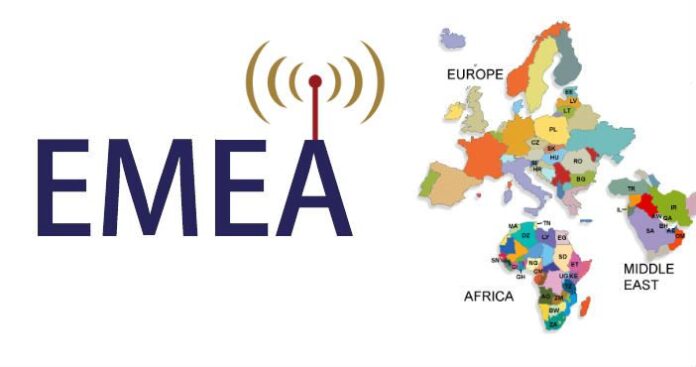The news continues to flow with new developments related to the “Internet of Things” and connected car spaces. For now we’ll consider a car a “thing.” Highlighting a few of the trends over the last week’s news, there are new options to allow more developers to participate in this space in order to expand options for end users. Along with more remote update options and ways to centralize control. Let’s touch on a few of the key stories announced over the last week.
Tesla Motors announced over-the-air updates for the Model S to v6.0 software. The updates are focused on further personalization of the Tesla driving experience based on information about the driver. The update introduces traffic-based navigation and commute advice, provides an in-car view of daily schedules, enables location-based air suspension settings, and allows owners to name their Model S and start it remotely using their mobile phone.
Navigation services aren’t new, but there are some new options here. Not only does the routing update based on the traffic information available through the navigation system, it will also update based on information provided by other Teslas in the region. If you’re someone who commutes the same way every day you don’t need directions. But maybe you do need an alert that says there is a problem and you should take an alternate route before you leave for your destination. If your Tesla is equipped with air suspension it can remember prior clearance settings for specific routes and automatically adjust the suspension when required. There are some other updates that I would say are pretty standard across luxury vehicles. But everyone always loves the cuteness factor and I know most car enthusiasts name their cars. Now your car’s nickname can appear on your smartphone. Aww, how cute.
Siemens announced it will bring the concept of ICT to electric vehicles. Today most systems within the car have their own hardware and software. The idea is to separate the application from the technology. The analogy they used in their announcement relates to the smartphone. Think about all the different software apps you use on your smartphone hardware. One hardware platform, many software applications. This is the concept in a nutshell.
 StreeetScooter GmbH develops electric vehicles for short delivery trips. Siemens will be trialing this technology with them beginning in December. In addition to communications networks and software, the vehicle will receive a standardized computer platform. It will be interesting to see how this discussion unfolds not only around electric vehicles, but the connected car space in general. Consolidation of systems makes sense, but putting safety and infotainment too close together raises a lot of security concerns. There seem to be two camps developing on this discussion, so stay tuned.
StreeetScooter GmbH develops electric vehicles for short delivery trips. Siemens will be trialing this technology with them beginning in December. In addition to communications networks and software, the vehicle will receive a standardized computer platform. It will be interesting to see how this discussion unfolds not only around electric vehicles, but the connected car space in general. Consolidation of systems makes sense, but putting safety and infotainment too close together raises a lot of security concerns. There seem to be two camps developing on this discussion, so stay tuned.
For those wanting to focus on the overall IoT space, this week MediaTek Labs launched its developer program. Within this announcement is the MediaTek LinkIt, an operating system designed for wearables and IoT devices that can connect to other smart devices or directly to cloud applications and services. In addition, the new program provides developers and service providers with software development kits, hardware development kits and a wide range of technical documentation via their MediaTek Labs portal. Learn more.
Like what you read? Visit me on Twitter!

